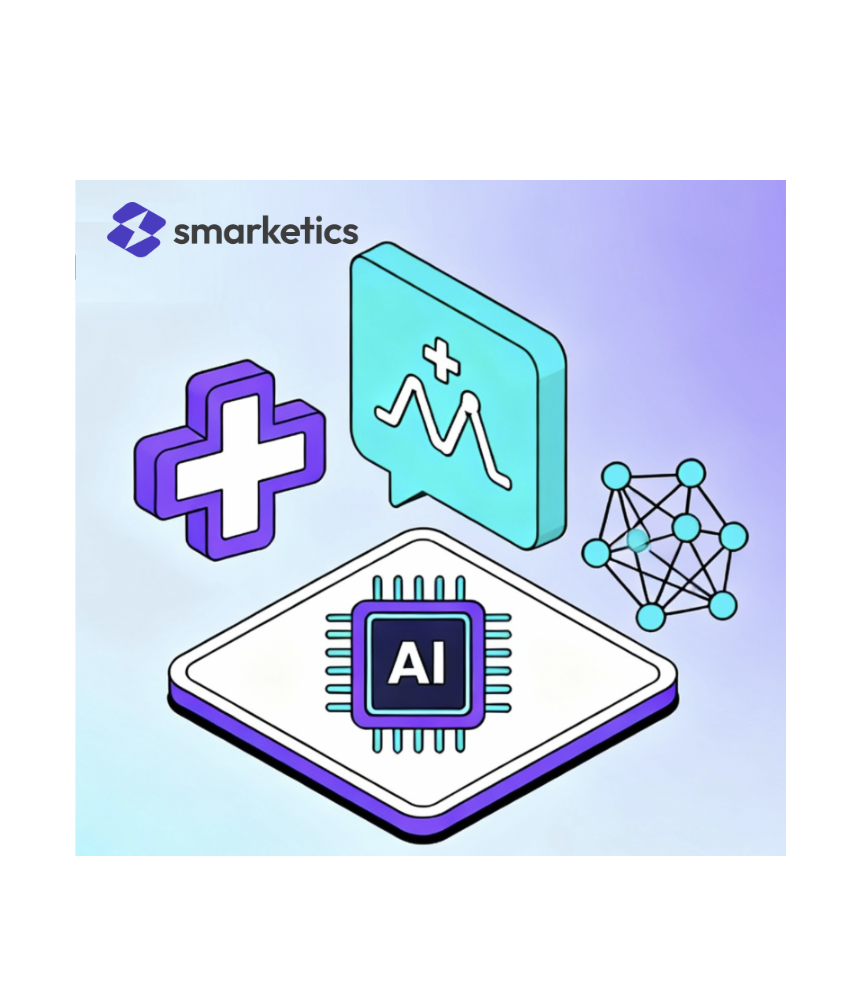In this context, combining an agile ERP such as Odoo with the intelligent use of Artificial Intelligence (AI) enables concrete steps toward a more resilient and competitive operating model.
Below, we review the sector’s key challenges, the enabling capabilities of Odoo + AI, and conclude with an invitation to a free strategic session to explore how to turn this vision into tangible results.
Key Challenges for Industry Executives
Traceability and Quality in the Pharmaceutical Supply Chain
The distribution, manufacturing, and delivery of medicines and healthcare products are under increasing scrutiny. Incidents involving contaminated products, out-of-specification batches, or delayed recalls generate reputational, regulatory, and financial impacts. It is essential to have systems that allow lot-by-lot tracking—from API purchase to final product delivery to the patient.
Supply Shortages and Vulnerabilities
Dependence on global suppliers, complex logistics, and fluctuating demand have caused disruptions in the supply of essential drugs and medical reagents. Organizations must work with inventory visibility, automatic replenishment, multi-warehouse operations, and contingency planning.
Information Silos and Limited Interoperability
Clinical history, laboratory, pharmacy, warehouse, and social service systems that do not communicate hinder continuity of care, create duplicate documentation, and slow down processes. Dispersed data also limits strategic decision-making based on real information.
Regulation, Data Governance, and Trustworthy AI
In sensitive sectors such as health and social welfare, regulatory compliance is essential—from product traceability to patient data privacy. Moreover, AI must be implemented within governance frameworks that ensure transparency, explainability, and accountability.
Cost Pressure and the Need for Operational Efficiency
Margins are tightening, resources are finite, and the need to do more with less is constant. Automating administrative processes, optimizing purchasing, improving asset utilization, and reducing errors become strategic imperatives.
Why Odoo + AI Can Make the Difference
ERP Functionalities Tailored to the Sector
- Odoo provides inventory management modules with batch/serial tracking, expiry control, and multi-warehouse capabilities, reinforcing pharmaceutical and reagent traceability.
- Integration of purchasing, quality, manufacturing, and document modules allows end-to-end process orchestration—from raw material receipt to final batch release—within a single platform.
- Its modular interface and open APIs make it easy to integrate with clinical systems, laboratories, EHRs, and pharmacy systems.
AI Empowering Strategic Decisions
- Demand forecasting models reduce stockouts and overstocking, particularly relevant in environments with critical products.
- Automation of regulatory reports, quality alerts, and anomaly analysis in production or supply chain frees resources for core activities: patient care and product innovation.
- Real-time dashboards and executive reports empower leaders to act swiftly and strategically.
Governance, Compliance, and Scalability
- The platform supports auditable workflows, access controls, and documentation management—key for meeting healthcare regulations.
- When AI is added, organizations should define policies, monitoring mechanisms, and explainable performance indicators.
- Odoo’s modular scalability allows the platform to grow with the organization—more units, more products, more centers—without losing coherence.
Success Stories Demonstrating Odoo’s Impact
Below are several public cases that highlight what other organizations in healthcare, pharmaceuticals, and social welfare have achieved with Odoo:
Deslab (Mexico) – Distributor of laboratory supplies, blood banks, and clinical services that implemented Odoo (Inventory, Sales, Purchases, CRM) and achieved “internal clarity and market visibility” by consolidating quality and distribution processes.
Esencias GIR (Mexico) – Pharmaceutical distributor that adopted Odoo to unify accounting, purchasing, sales, and inventory in an “all-in-one” solution, enabling faster decision-making and strengthening its position in the pharma market.
Evitalin – After implementing Odoo with specialized support, the company reduced software costs to about one-fourth of its previous system, improved productivity, and positioned the platform for future growth.
A study on Odoo in pharmaceutical distribution reported a 50% reduction in stockouts, 30% improvement in replenishment times, and 25% decrease in emergency purchases by using lot tracking, expiration control, and integrated quality modules.
These examples show that adopting an ERP like Odoo is not merely a technological upgrade—it is a strategic shift that aligns processes, data, and decision-making.
Exclusive Invitation: Transform Your Organization’s Efficiency with a Free Strategic Session
Taking the first step toward a smarter, more connected, and efficient operation is easier than you think.
At Smarketics, we offer a free strategic session, tailored to your organization, where we will analyze together how to leverage the power of Odoo and Artificial Intelligence to achieve measurable results in productivity, traceability, and decision-making.
Book your session now with Smarketics’ expert team and discover why leading organizations are trusting data-driven intelligent solutions to shape the future of healthcare and pharma operations.
